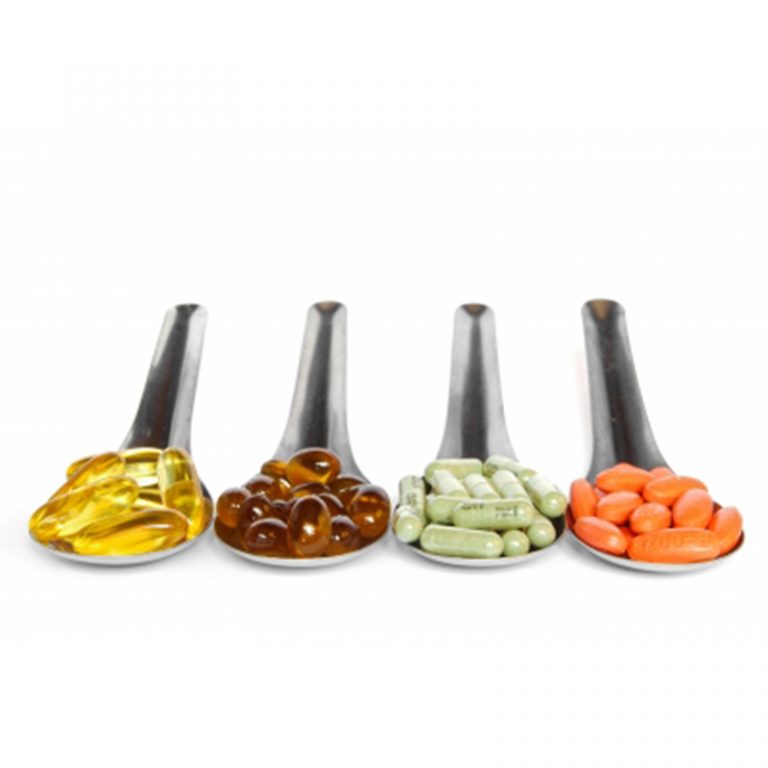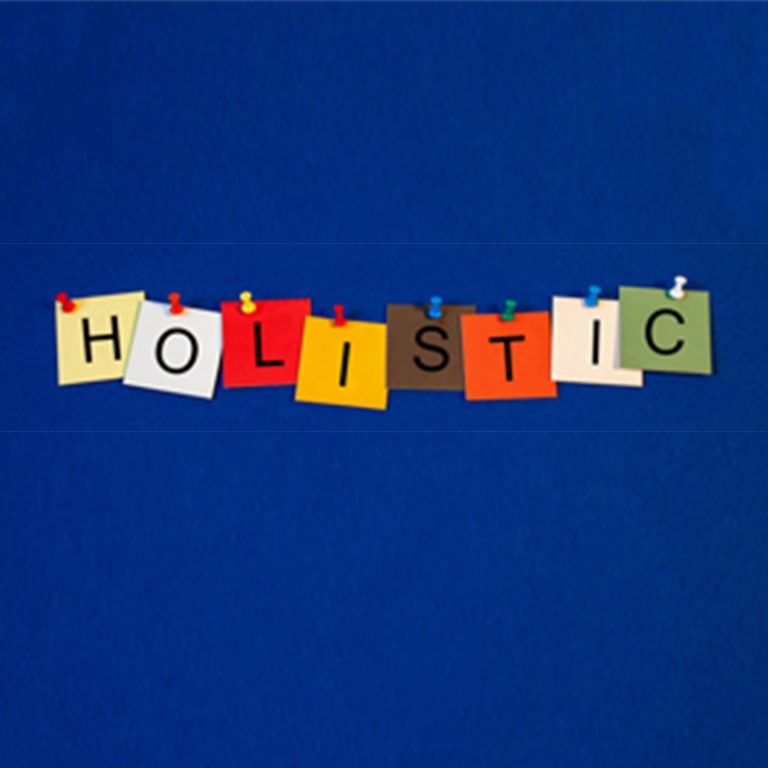The Meaning Of Holistic In Ayurvedic Treatment
The term ‘holistic’ has become one of the most overused and misunderstood terms in our language. It is common to hear such a statement as: “I have a holistic doctor”, when the person speaking is possibly referring to their herbalist, or naturopath or homoeopath, or to any other practitioner who uses natural remedies as opposed to synthetic drugs.
‘Holistic’ is derived from the ancient Greek word ‘holos’, meaning ‘whole’. Aristotle had a clear concept of its meaning when he said, “The whole is more than the sum of its parts”. In contrast to the western medical model, which considers good health to be merely the absence of disease, the holistic view of health is a perfect balance of physical, emotional, mental and spiritual wellbeing. It is a fundamental understanding of holism that it is impossible for any one of these areas to be affected either positively or negatively without it having an impact on the other components.
No single health system can claim exclusive rights to the ownership of the term ‘holistic’. Any natural health system could be included, but let me explain my own view from my perspective as an Ayurvedic practitioner.
If a patient comes to me with a problem and I immediately commence treatment with herbal medicines this is not a holistic approach. Any problem in any of the body’s organs or systems is indicative, according to Ayurvedic principles, of an imbalance in the doshas. Once the imbalance has been assessed we can obviously give the appropriate medicines to make the patient feel better, but at the same time as dealing with the physical problem we may notice emotional or spiritual imbalances and we must not omit to address these. Attention to diet and lifestyle factors are vital components of any Ayurvedic treatment regime. I encourage most of my patients to practise a little Yogic exercise daily – generally about 15-20 minutes – providing them with a personalised programme to help the medicines work more effectively. I will also suggest meditation practices where spiritual help is needed and at other times may show the patient how they can adjust any planetary influences that might be affecting their lives.
Such an all-embracing approach can be seen to be truly holistic. It does require an in-depth knowledge of all its component parts, but when it is painstakingly applied its effectiveness is guaranteed.
Next Time:- Ayurvedic Treatment For Varicose Veins

*Discover holistic healing with a complimentary phone or video consultation from our expert Ayurvedic practitioner. Start your path to better health today!*























